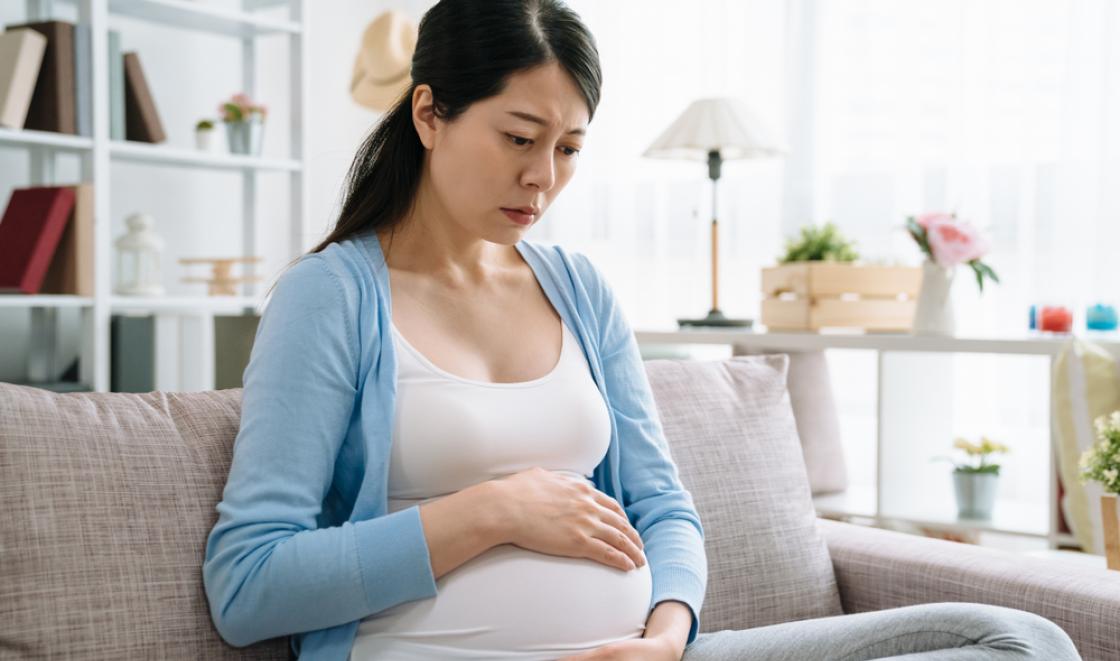Aims of the study
This study (ADEPT), aims to investigate whether a full-scale trial of intensive Cognitive behaviour therapy (CBT) for antenatal anxiety disorders is feasible.
Cognitive behaviour therapy (CBT) is known to be an effective treatment for anxiety disorders but is under-researched in pregnancy. Many women prefer psychological treatments to medication during pregnancy and so this is often a good fit for women with these disorders. CBT is usually delivered over a period of three months. Recently, good results have been demonstrated with CBT delivered in fewer but longer sessions over two to three weeks for OCD, PTSD, panic disorder and social anxiety. However, this time-intensive CBT (IN-CBT) format has not yet been tested with pregnant women, where a shorter treatment may be a particularly good fit.
How this research is addressing the needs of people living in south London
Anxiety disorders are amongst the most common disorders complicating pregnancy. Research from our group using a local south London cohort found a prevalence of 15% of anxiety disorders (Howard et al, 2018), a figure that was 25% in younger women. This treatment trial is focused on women from south London who will be recruited by a number of routes including midwife referral, direct self-referral and Improving Access to Psychological Therapies (IAPT) services, therefore aiming to increase participation from women of all backgrounds.
How the study will be carried out
The main project is a feasibility randomised controlled trial with 30 women recruited into each of IN-CBT and standard weekly CBT. Women over 18 will be included if they are 12-20 weeks pregnant and have a primary anxiety disorder (post-traumatic stress disorder, obsessive-compulsive disorder, panic disorder or social anxiety disorder). Women will be seen for treatment in their local IAPT service. The treatment will take place in pregnancy with a follow up at one month postnatal. The primary study outcome is at three months postnatal, when women will complete study measures and be interviewed about their experiences.
This will establish: (i) the best means of recruiting women (physical or mental health settings) (ii) if participants will be randomised (iii) if the intervention is delivered as intended (iv) the acceptability of the interventions (v) the properties of the primary outcome measure and (vi) follow up rates for participation in a full trial. Qualitative interviews will determine the perceived value, benefits, harms or unintended consequences of the intervention that should be measured in a full trial, the value that service providers and users place on the intervention and the outcomes it plans to deliver. This information will establish whether a full trial is appropriate and feasible.
There is an expert by experience panel set up specifically for the study which will meet annually to advise on study conduct, interpretation of results and dissemination. There is also an expert by experience on the data monitoring committee.
Potential benefits of the research
The ADEPT study should provide detailed initial information on best practice in delivering CBT during pregnancy. In a full-scale trial, if the intensive mode of delivery was found to be superior in terms of benefits for both mother and child, this would change practice regarding treatment of antenatal anxiety disorders. Given the recent expansions of primary care and perinatal services, there are increasing numbers of well-trained CBT therapists who could deliver IN-CBT. Evidence from this research therefore has the potential to shape their practice, focus resources and be of direct benefit to patients within a short time frame. Importantly, effective antenatal treatment could also benefit children and the wider family in terms of reduced exposure to maternal anxiety and less impact on parenting and relationships. Ultimately this could improve the burden on NHS services for adults and children.
The study is funded by an NIHR clinical lectureship. It was adopted by ARC South London in November 2019 and will be completed by March 2022. The study is led by Dr Fiona Challacombe NIHR clinical lecturer at King's College London.
